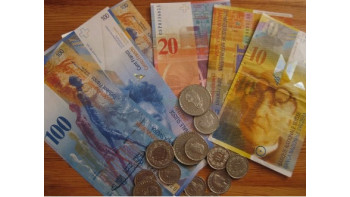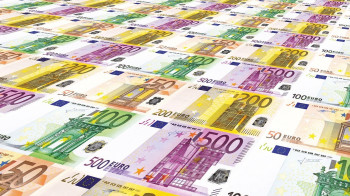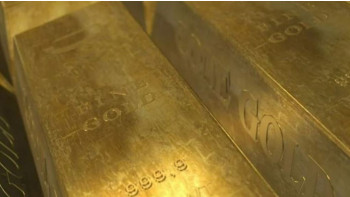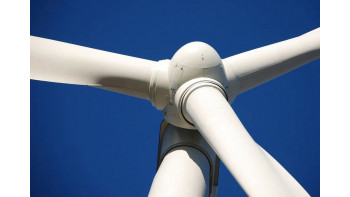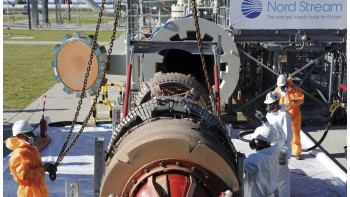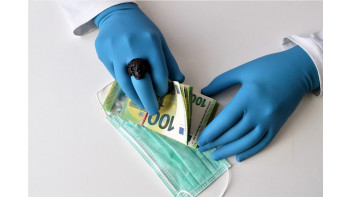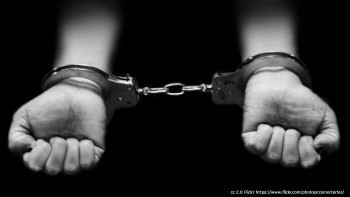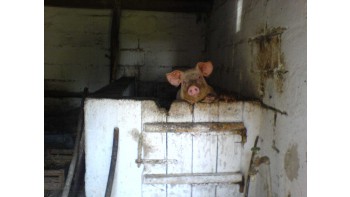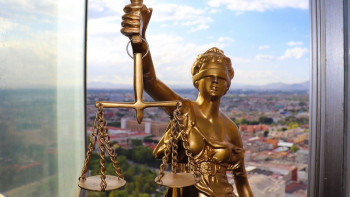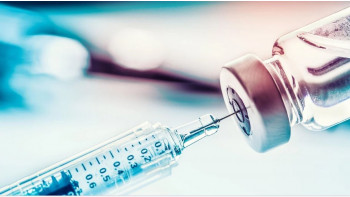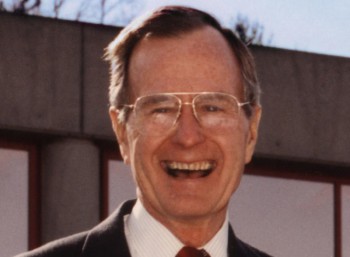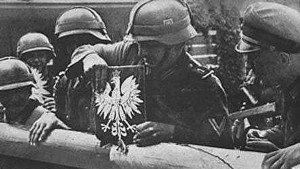
When addressing the West on issues of reconciliation and unification in the common fight against coronavirus, the Kremlin is in practice working in the opposite direction. First, neither Russian bombers over the Atlantic, nor their force-testing of NATO defenses in the Barents and Norwegian Seas, as well as near Alaska, have gone anywhere. Secondly, saber-rattling continues – in early April, Russia held a series of military exercises in Crimea, Buryatia, and the Mediterranean Sea. Thirdly, Russian troops continue fighting in Donbas, ignoring the agreements reached in the Normandy format.
Moscow regards the opening of the session as one of the events on the sidelines of which the summit of the five UNSC permanent members could take place on Putin's proposal. After Russia's exclusion from the G8, the Kremlin has been trying, so far unsuccessfully, to find an alternative and show the world that it is returning to normal civilized communication, while forgetting that it must work to this end, taking actual steps to cease the occupation of Crimea and put the war in Donbas to a halt.
In his speech, Vladimir Putin could utter ritual words about the need to unite and jointly fight against universal threats, including epidemics. He could offer the world free Russian aid in the form of a universal vaccine. But Putin's sham vaccine is worthless. At the same time, for those listening to Putin's addresses, while not following international politics at all, Putin might seem a "peacemaker". For anyone who knows at least a little about the recent developments in the international arena, Putin's speech is an example of "najor cheating in diplomacy." The Kremlin is ingeniously and creatively trying to exploit the coronavirus factor to push its own agenda – including the split of Western unity on the sanctions issue, the expansion of Russian influence, and whitewashing own image.

The Russian Federation expresses serious concern about the fate of the START-3 Treaty and calls for dialogue to resolve the issue. At the same time, the Kremlin sets up and conducts large-scale military exercises such as Kavkaz-2020, boasts at multiple platforms of its new achievements in the field of new weapons, poisons its targets – both domestically and abroad – with special chemical warfare agents, and resorts to demonstrative political assassinations on foreign soil. This has been a classic model of behavior for Russia (as well as the USSR) in international relations over the past hundred years: calling for reaching an agreement on peaceful coexistence and, at the same time, intimidating others with war. As Comrade Stalin once said, a good diplomat is someone who says one thing, but does drastically the opposite. However, after 2008 (a military campaign against Georgia) and after 2014 (hybrid military operations against Ukraine), this model is perceived critically both by the United States and NATO. The Alliance has directly blamed Moscow for the collapse of the Intermediate-Range Nuclear Forces Treaty (INF Treaty), and the international community no longer believes in the Kremlin’s peaceful intentions in the wake of developments in Ukraine, Syria, and Libya.
Judging by the topics which Vladimir Putin prefers to use while addressing Russian youths, the president will not lose a chance to recall the war, its lessons, historical memory, and inadmissibility of rewriting history. However, those attending the UN General Assembly session will hardly be amused. The Russian president will not be viewed as leader of a great power, not even as a politician redrawing European borders. First of all, he will be perceived from three perspectives:
- Firstly, as terrorist who, over the past five years, has been awkwardly denying involvement in the attempt on former Russian intelligence officer on the UK soil, the extermination of fugitive Chechens in Austria, the murder of Russian journalists in the CAR; refusing to even start an official investigation into the poisoning of Alexei Navalny where the same substance was used as in previous attempts to eliminate former Russian citizens abroad; and obstructing the trial in the Netherlands on charges of the MH17 downing from the skies over Donbas on July 17, 2014;
- Secondly, as someone who sees himself as the new "gendarme" of Europe, which this time is manifested in open support for the illegitimate president of neighboring Belarus despite signs of him losing the elections, while flatly refusing to give up power; and
- Thirdly, as head of a country internationally known as disinformation mastermind and technology saboteur: it was in recent years that the exposure of Russian espionage efforts, networks of influence and intelligence gathering became especially widespread.
Speaking from the high podium, Putin develops ideas about the importance of the veto instrument in the system of international relations. At the same time, hiding behind their status, the Kremlin has been using the UN Security Council as a platform for promoting their conspiracy theories – first against Ukraine, then against Syria, and then in the cases of Skripal and Navalny poisonings. Due to its veto power, Moscow has been blocking the UNSC's investigation into the downed passenger planes: a Korean Boeing shot down by a Soviet fighter jet in 1983 and a Malaysian Boeing flight MH17 shot down in 2014 by the Russian BUK-M1 missile. Russia has also been blocking the investigation of other war crimes, including chemical attacks by Syrian dictator Bashar al Assad against own civilian population. Russia has refused to condemn the first annexation that happened in Europe since WW2, because it was precisely Russia that carried it out by occupying Crimea. Thus, Russia is trying to lobby its own interests, effectively creating a cover-up for its war crimes.



